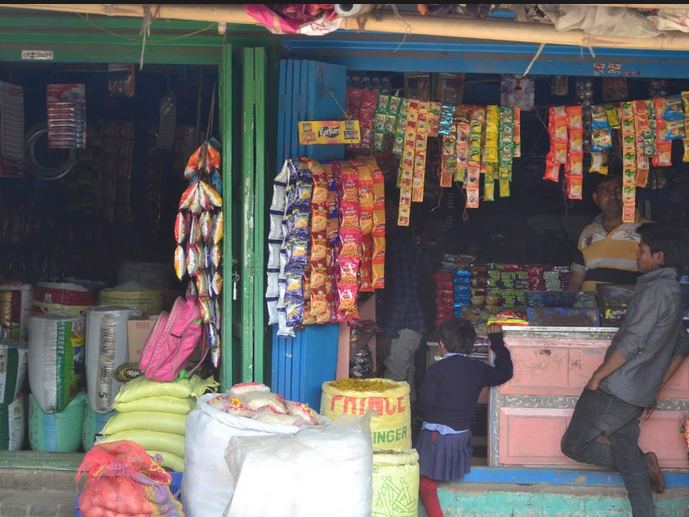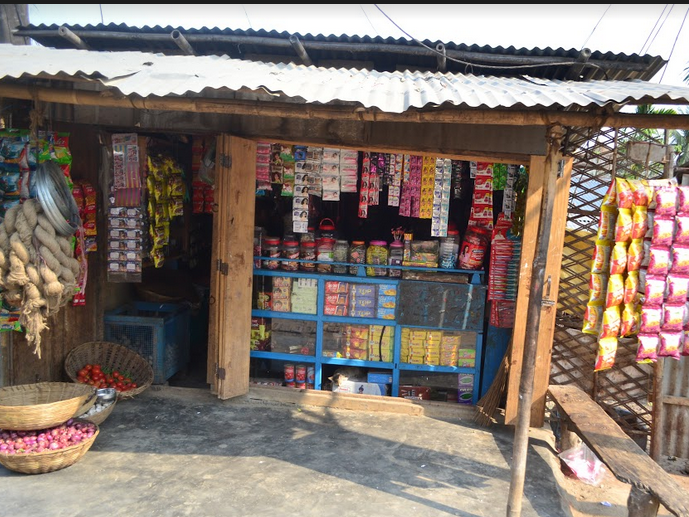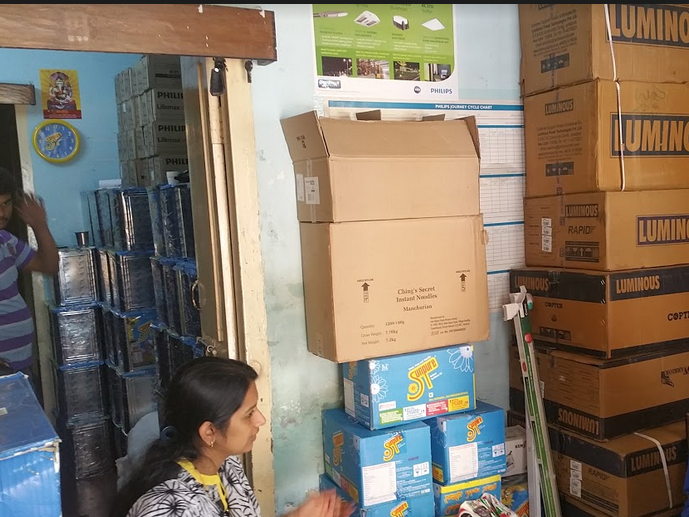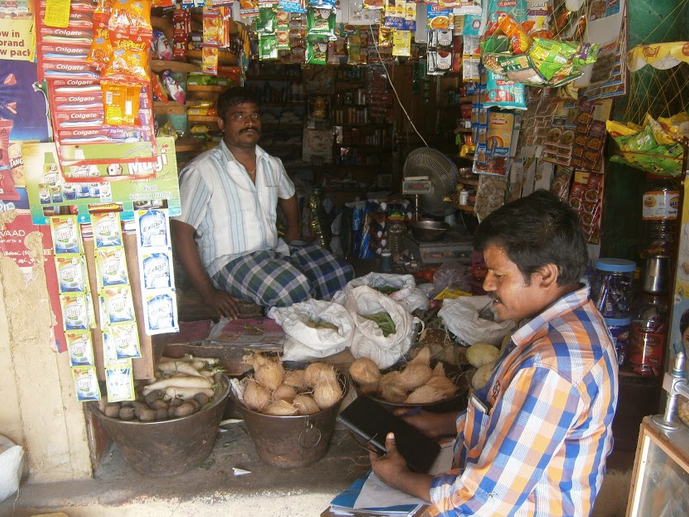CDFI in collaboration with IIM Bangalore is conducting a research study ‘Facilitators for Cashless Transactions in Retail Supply Chain(s)’ with specific reference to ‘Kirana (convenience / grocery) Stores’ in India. The cost of cash and various issues related to handling cash are discussed in depth in various research articles, media and policy documents. There are various transactions which have gone cashless given the convenience and advantages it provides. For example, salary transfers, buying air and rail tickets, buying big ticket items like electronics, home appliances etc.
However, the usage of cashless modes such as debit cards, credit cards, and mobile wallets for small transactions in kirana supply chain is still minimal and there is a need to study the reasons for cash dominance in the kirana supply chain. Moreover, the sheer volume and frequency of transactions in kirana supply chain make it critical to understand factors which affect the decision of going cashless in kirana supply chain. Therefore, it is necessary to understand through a research study - (i) the current usage of the cashless mode of transaction in kirana supply chain; (ii) perception of various kirana supply chain stakeholders about cashless transactions.
In order to answer aforementioned questions, we are conducting quantitative and qualitative studies involving various stakeholders in the kirana supply chain. These stakeholders include actors such as consumers, retailers, wholesalers, distributors and manufacturers as well as influencers such as bankers, NGOs and village heads (Sarpanch).
We are conducting the survey in two phases involving 11 districts across India. These districts have been selected randomly with an equal focus on three MPCE (Monthly Per Capita Expenditure) classes- Low, medium and high.
Through this study we will understand the current behaviour, future perception and possible bottlenecks of going cashless for kirana supply chain. Various behavioural aspects such as the inability to adopt new systems, mobile literacy etc. is explored rigorously using qualitative as well as quantitative questionnaires. Understanding the status quo and bottlenecks in adoption to cashless system is critical in understanding drivers of cashless systems in kirana supply chain. By analysing the data collected through this study, we intend to characterize the kirana supply chain using a framework which may help policy makers / regulators / firms in designing mechanisms which may help in adoption of cashless system by various stakeholders of kirana supply chain.



